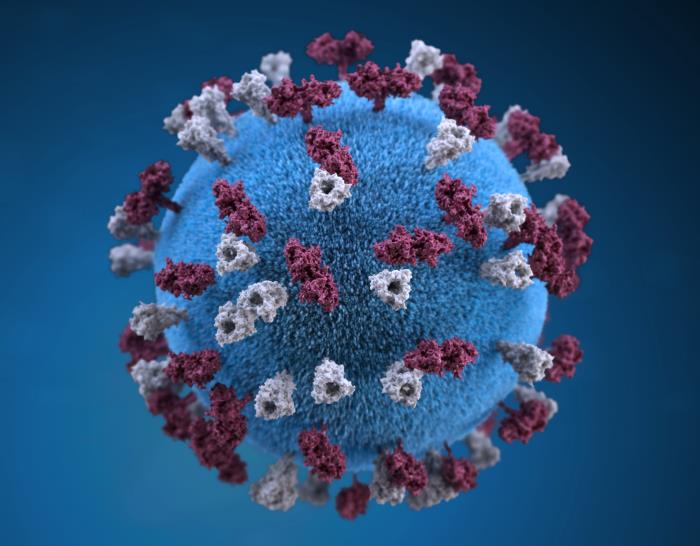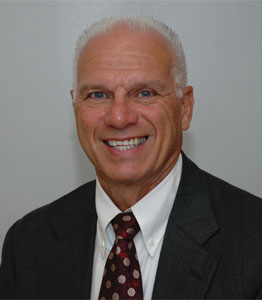


Presented by
John A. Molinari
Ph.D.
View Bio

Course Description
Basic Science, Infection Control
Infectious diseases described over the past 5 decades include those caused by newly discovered microbial pathogens, re-emergent diseases, and infections which have become increasingly resistant to previously successful antimicrobials. The latest example is the emergence and spread of SARS-CoV-2 virus and the COVID-19 pandemic. The most recent epidemiologic and scientific evidence pertaining to SARS-CoV-2 disease will be discussed, with emphasis on the impact of Long-COVID on disease survivors’ health.Current epidemiology and evidence addressing ongoing challenges and occupational guidelines for blood-borne pathogens (hepatitis B and C viruses, HIV), respiratory infections (influenza viruses, tuberculosis), and waterborne infections in healthcare facilities will comprise major portions of the seminar. Also, the impact of emerging drug-resistant fungal infections, such as those caused by Candida auris, will be considered.
- Global overview of emerging and re-emerging infectious diseases
- Factors related to emergence of microbial diseases
- Human demographics and behavior
- Breakdown in public health systems and measures
- Microbial adaptation and change
- Ecological factors
- Zoonotic factors
- Representative diseases
- SARS-CoV-2 infection and COVID-19
- Bloodborne viral diseases (Hepatitis B Virus, Hepatitis C Virus, HIV/AIDS)
- Respiratory infections (Influenza, Highly Pathogenic Avian Influenza, Tuberculosis)
- Increasingly anti-fungal resistant infections (Candida auris, other mycotic infections)
- Waterborne infections in healthcare settings (emphasis on Legionella, NTM)
- Challenges to infection control practices
“The educational teaching methodology used in this course is live, interactive lecture presented via Zoom webinar with an accompanying PowerPoint presentation. Both the live webinar and the PowerPoint presentation incorporate a variety of audio and visual cues to enhance audience members’ understanding and retention of key concepts. In addition, question and answer periods are provided for at the conclusion of each section of the live webinar.”
Course Objectives
At the completion of this course the participants should be able to:
- Describe major global and epidemiological factors which can lead to the emergence and re-emergence of infectious diseases.
- Describe the current status of COVID-19 and the impact of Long Covid sequelae on infection survivor health.
- Describe the challenges representative blood-borne, airborne, contact, and waterborne infections present to healthcare workers and the population
- Comprehend the occupational health care risks presented by these diseases
- Apply appropriate infection control precautions to minimize the potential for cross-infection